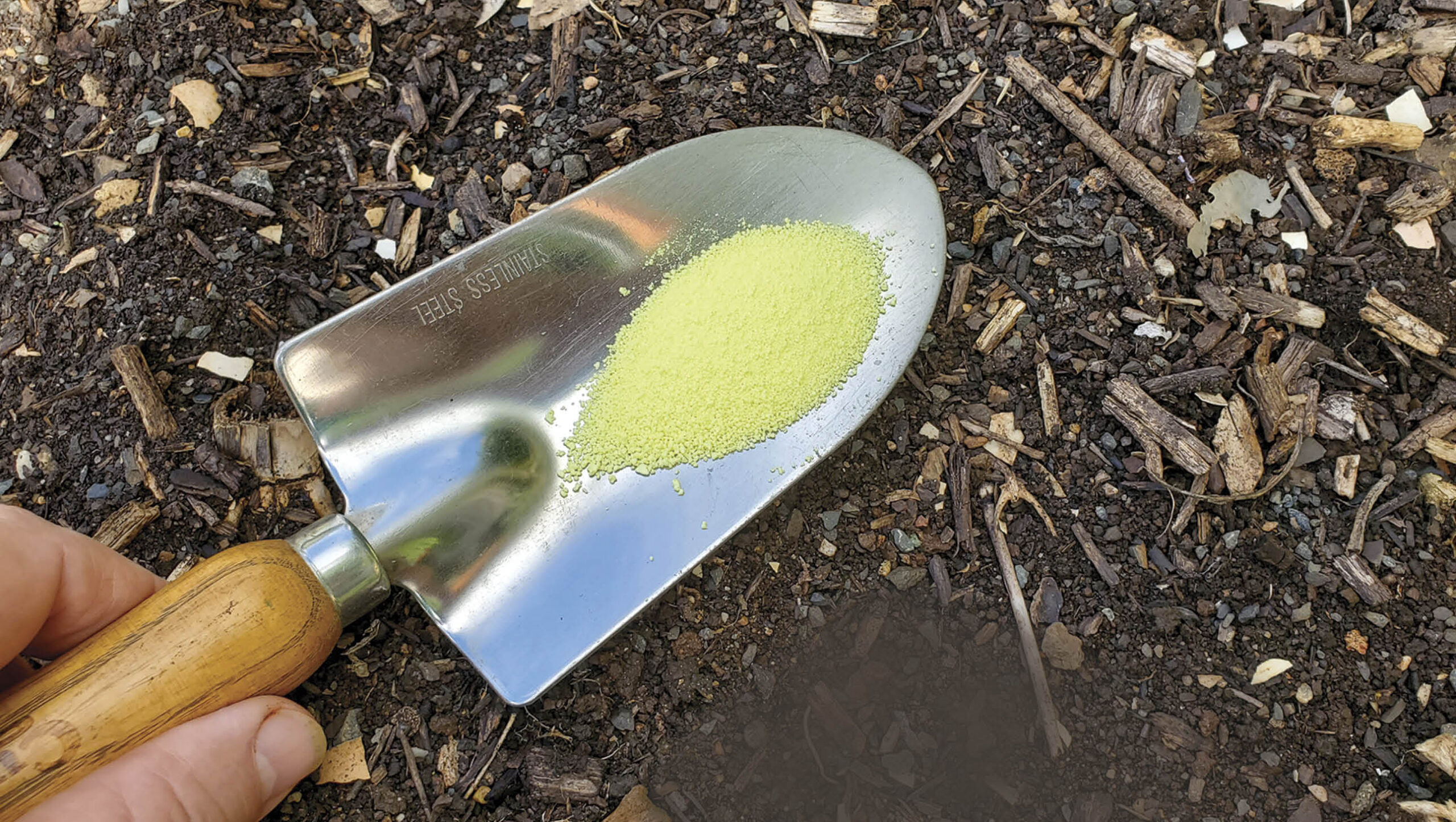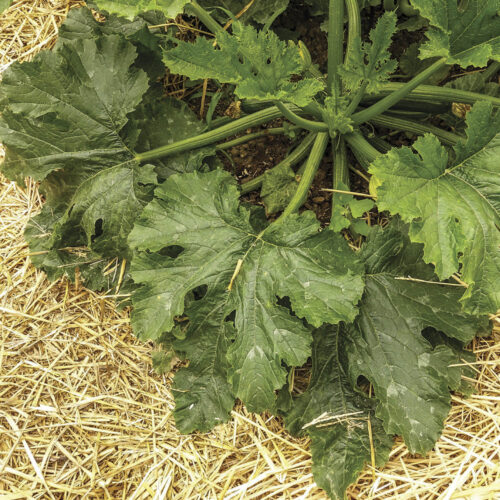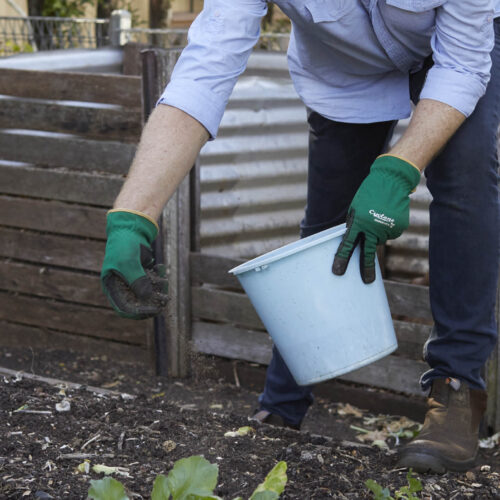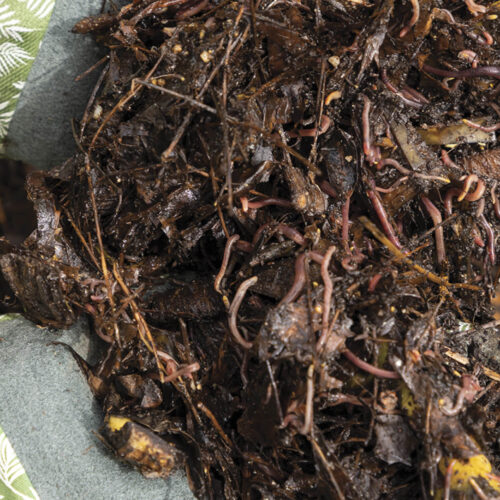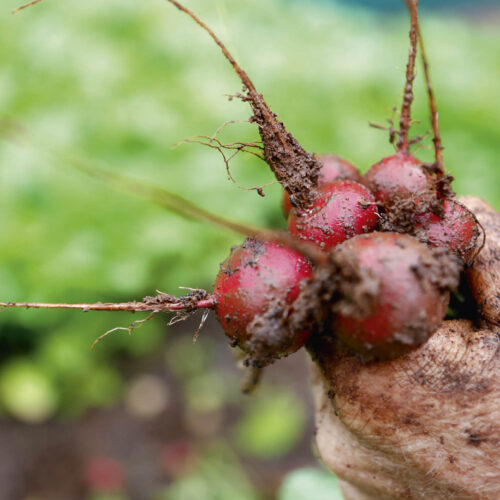Does your soil pass the test?
2023-06-21T06:27:52+10:00
Knowing which nutrients are in short supply (or oversupplied) can help you take a more targeted approach to fertilisers that you add to your soil.
Does your soil have the right balance of nutrients that will enable your plants to thrive? The three main nutrients are nitrogen (N), phosphorous (P) and potassium (K). You’ll see NPK ratios referred to on the packaging of fertilisers.
Plants also need three other major elements: calcium, magnesium and sulfur. And then there are the essential trace elements, which are required in smaller quantities: iron, manganese, copper, zinc, boron, molybdenum, chloride, cobalt and sodium.
Nut out the nutrients
How do you know whether you’ve got the right nutrients in the right quantities? You could just observe your plants: growing problems indicate which nutrients are deficient (for example, yellowing older leaves suggests nitrogen deficiency). You can read more about this here: organicgardener.com.au/blogs/its-elementary.
If your plants aren’t giving you the answers, or if you’re just more of a numbers person, you could always call on the men and women in white coats. Depending on which state you live in, you may be able to use soil testing services provided by your state department of primary industries or agriculture department. Or you can submit your soil samples to one of the many private soil testing labs.
As well as nutrient numbers, soil tests might give you all sorts of other fascinating facts, such as your soil’s cation exchange capacity (a cation is a positively charged ion, and the cation exchange capacity is a measure of the soil’s ability to hold calcium, magnesium and potassium); and the calcium-magnesium ratio (if this is too low it becomes difficult for plants to take up potassium).
Tests can also give you accurate readings on pH, organic carbon content, soil texture, microbial populations and more.
You can usually choose from a range of tests, from the simple to the comprehensive, or ask the lab to test for specific soil qualities. Expect to pay anything from $50 to $300, depending on the test.
Worried you won’t understand the results? A bit like a blood test, a soil test should show a desired range alongside your results, so you know if you’re under or over. And ask if you will also get any advice on how to amend any deficiencies or excesses.
Testing labs
Here are some private labs that offer a soil nutrient test to home gardeners. Some can also check for contaminants. You can send samples from anywhere in Australia to these labs.
- Melbourne: swep.com.au
- Sydney: completesoilcheck.com.au
- Brisbane: homesoilsolutions.com.au
- Lismore: toxtest.com.au
This information comes from a feature Simon Webster wrote for our Winter 2023 issue (OG 142). It’s easy to get a copy of the magazine delivered to your door, just head here!


